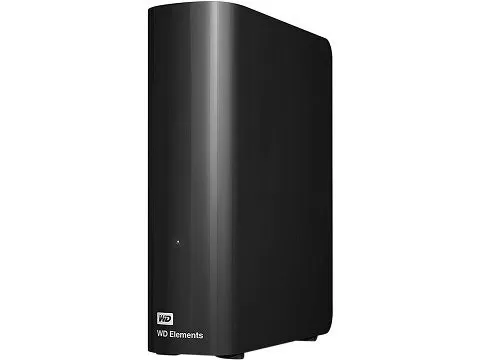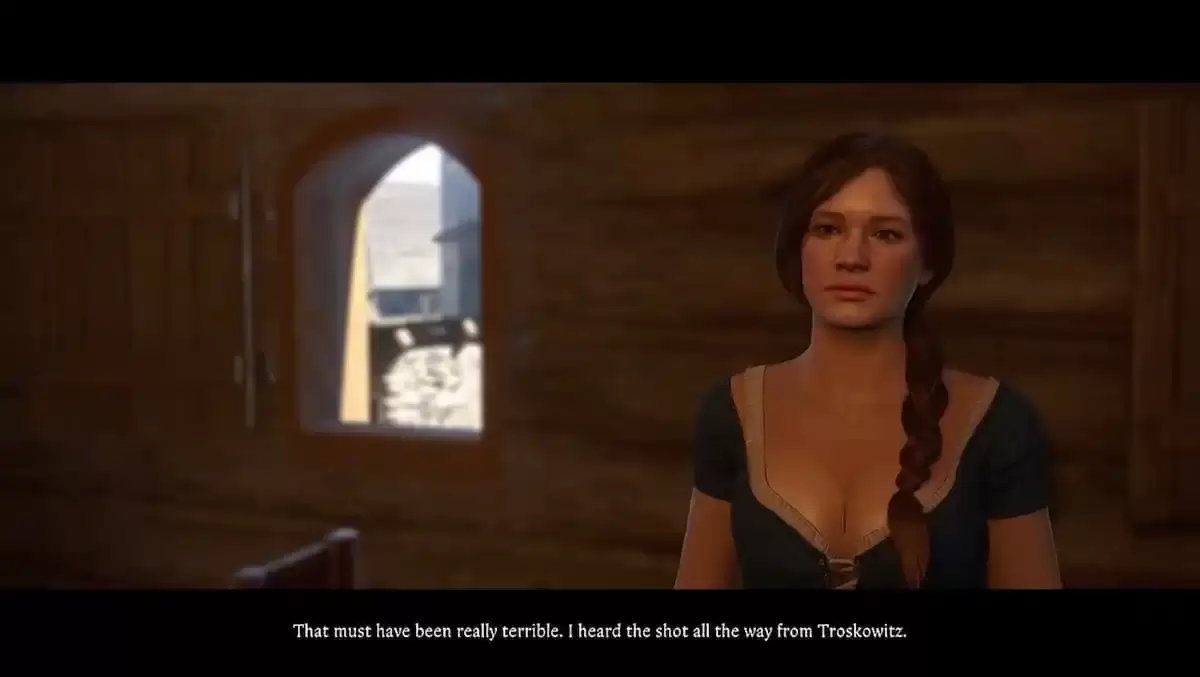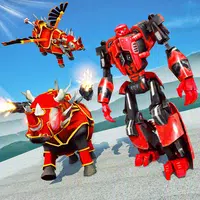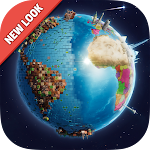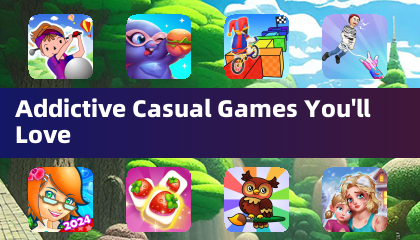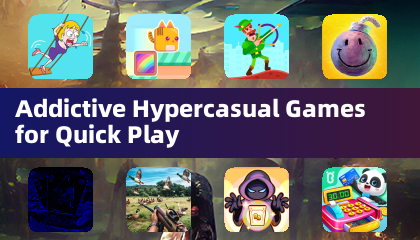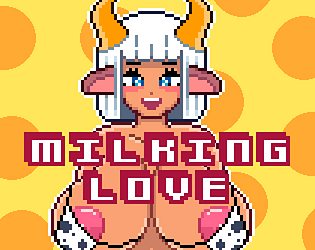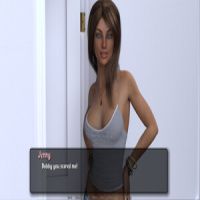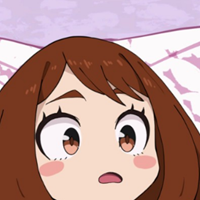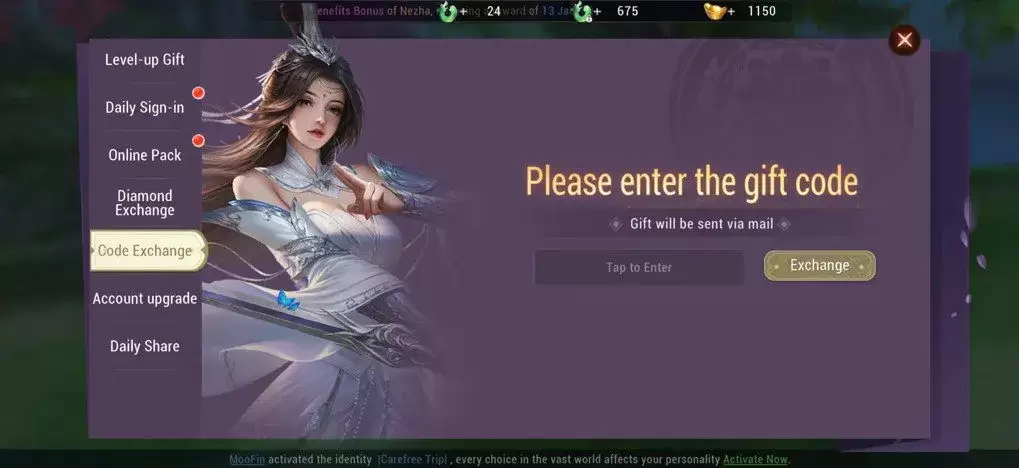Ever since Nintendo officially unveiled the Switch 2, anticipation has been building for the upcoming April Direct, where we expect to learn the official release date, price, and game lineup for the new console. However, Nintendo surprised everyone by releasing another Direct just a week before, featuring major titles like Pokémon Legends Z-A and Metroid Prime 4. Given Nintendo's commitment to backward compatibility, perhaps this move shouldn't have been so unexpected.
Before this week's Nintendo Direct, the company set expectations by stating, "There will be no updates about Nintendo Switch 2 during the presentation." While technically accurate—no direct mentions of the Switch 2 occurred beyond a reminder of the upcoming Direct and the new Virtual Game Card sharing system—it's reasonable to infer that all the games showcased will be compatible with the Switch 2. Officially, these games are slated for release on the original Switch, but the implication is clear.
This approach benefits everyone involved. Those loyal to the original Switch have plenty to look forward to as the console celebrates its eighth year, while those upgrading to the Switch 2 can enjoy an extensive back catalog right from the start.
Nintendo's dedication to backward compatibility is setting the stage for one of the smoothest console transitions we've witnessed. While the excitement for the Switch 2's capabilities and new games is palpable, Nintendo's cautious approach with the hardware ensures inclusivity. The recent Nintendo Direct didn't overtly push for Switch 2 pre-orders or urge upgrades, reflecting Nintendo's welcoming stance: everyone is included, whether you're buying a Switch 2 at launch, upgrading later, or sticking with your current Switch.
This strategy explains why Nintendo felt comfortable showcasing a range of Switch games just days before a dedicated Switch 2 Direct. Beneath the surface, they were laying the groundwork for the upcoming transition, particularly with the introduction of the Virtual Game Card system. This system allows Switch owners to link two consoles and share digital games, mirroring Steam's family sharing system. Its announcement at the end of the Switch's lifecycle, just before the Switch 2's release, aims to facilitate a seamless transition.
Some have noticed that the fine print for the Virtual Game Card system mentions a "Switch 2 Edition" for certain games. This could imply exclusive enhancements for the Switch 2 that prevent sharing with the original Switch, or perhaps exclusive re-releases only available on the Switch 2. The exact implications remain unclear, but as Nintendo previously noted that "Certain Nintendo Switch games may not be supported or fully compatible with Switch 2," this fine print likely serves as a safeguard for any unshareable games.
Nintendo's approach to the Switch 2's rollout resembles Apple's strategy with iPhone upgrades: you don't have to upgrade, but there are clear advantages if you do, and you can bring your existing games along for the journey.

